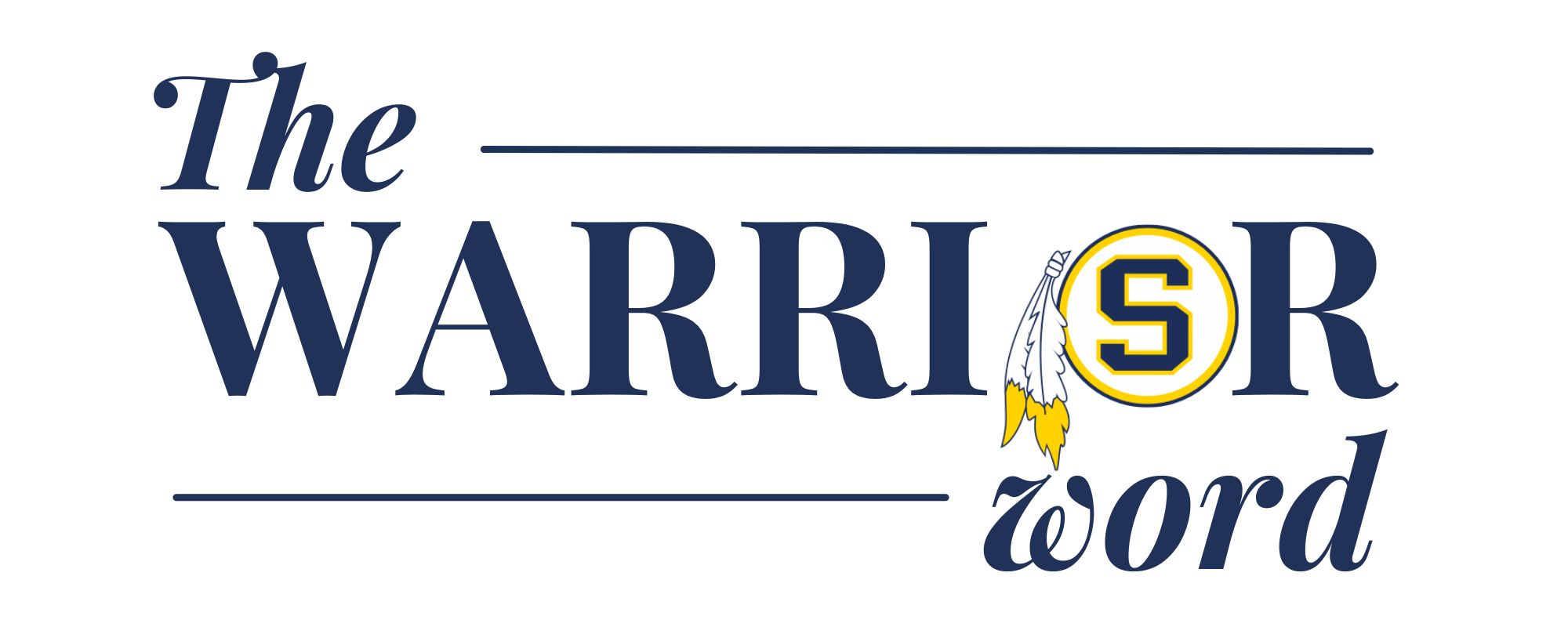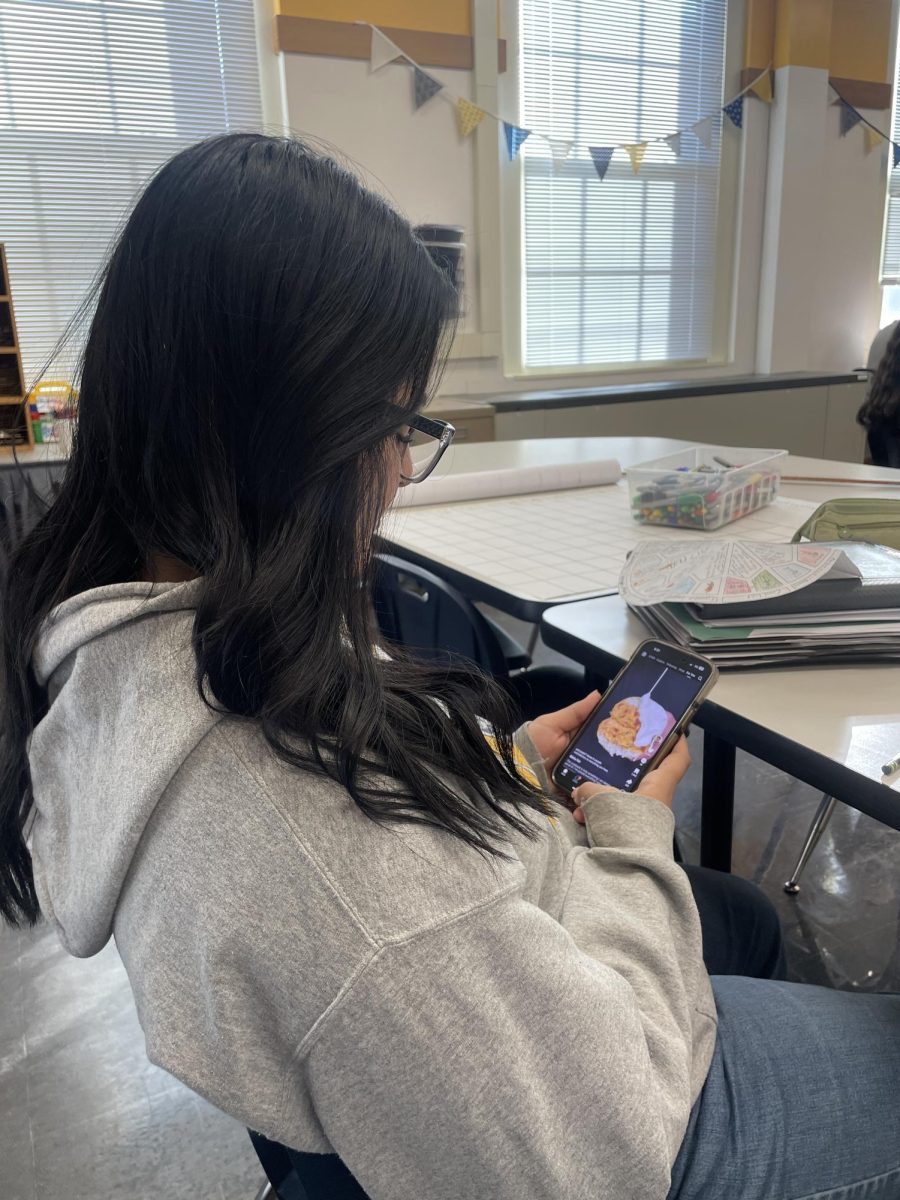TikTok, the popular video-sharing app, has become a global sensation, accumulating millions of active users and creating stars out of everyday people. However, despite its widespread popularity, TikTok faced the possibility of being banned in the U.S. with its first potential ban in 2020.
While the 2020 Tiktok ban never fully materialized, the issue has evolved into a broader conversation that reemerged in the recent months of 2025.
TikTok is owned by ByteDance, a company based in China, which has raised alarms about the app’s data collection practices. Critics argued that it could be used by the Chinese government to access personal data from users around the world, including location, browsing history, and device information.
The app faced growing investigation from lawmakers, especially in the U.S., who worry that this data could be exploited for espionage or to influence public opinion.
Some governments opted for stricter regulations rather than a full ban, pressuring TikTok to enhance data privacy measures or even sell its operations. Alternatively, new platforms could have emerged to fill the void left by TikTok’s potential exit.
The ban would have had significant consequences for its users, creators, and businesses. TikTok has provided a platform for millions of content creators to gain fame and make a living, from dancers and musicians to comedians and educators.
Many users who use the app daily do not feel affected and are not worried about their data. Senior Aalin Schmidt said that he “think[s] that Tiktok has more benefits because it can be used to gain information on anything you need or just to be entertaining.”
Because users often do not feel affected, many are not in favor of the ban because of the interconnection to other apps that it provides. “I was not in favor of the ban because there are a lot of other apps connected to Tiktok that would get affected and I didn’t want that to happen!” senior Lisandra Calderon stated.
On Saturday, January 18, many were shocked when they were greeted with a message announcing that TikTok was temporarily suspended indefinitely. Many were unsure if TikTok would ever return and began to circulate a similar app called RedNote, which is an app based in China.
However, on Sunday January 19, TikTok was shockingly unbanned and users were greeted with the message: “Thanks for your patience and support. As a result of President Trump’s efforts, TikTok is back in the U.S.!”. TikTok is now pardoned until April 3, 2025 in which it will be under review again.
Many users believe the situation to be similar to the 2020 TikTok ban in which it was extended further and put under review. Senior Presley Winters agrees, saying, “I have had TikTok for 10 years now. It has been threatened to be banned many times before and I honestly didn’t think it would be banned anytime soon.”
The TikTok ban highlights larger concerns about data privacy, security, and global tech influence. While the app has become an integral part of digital culture, the outcome of this issue will shape the future of social media and digital freedoms.




















